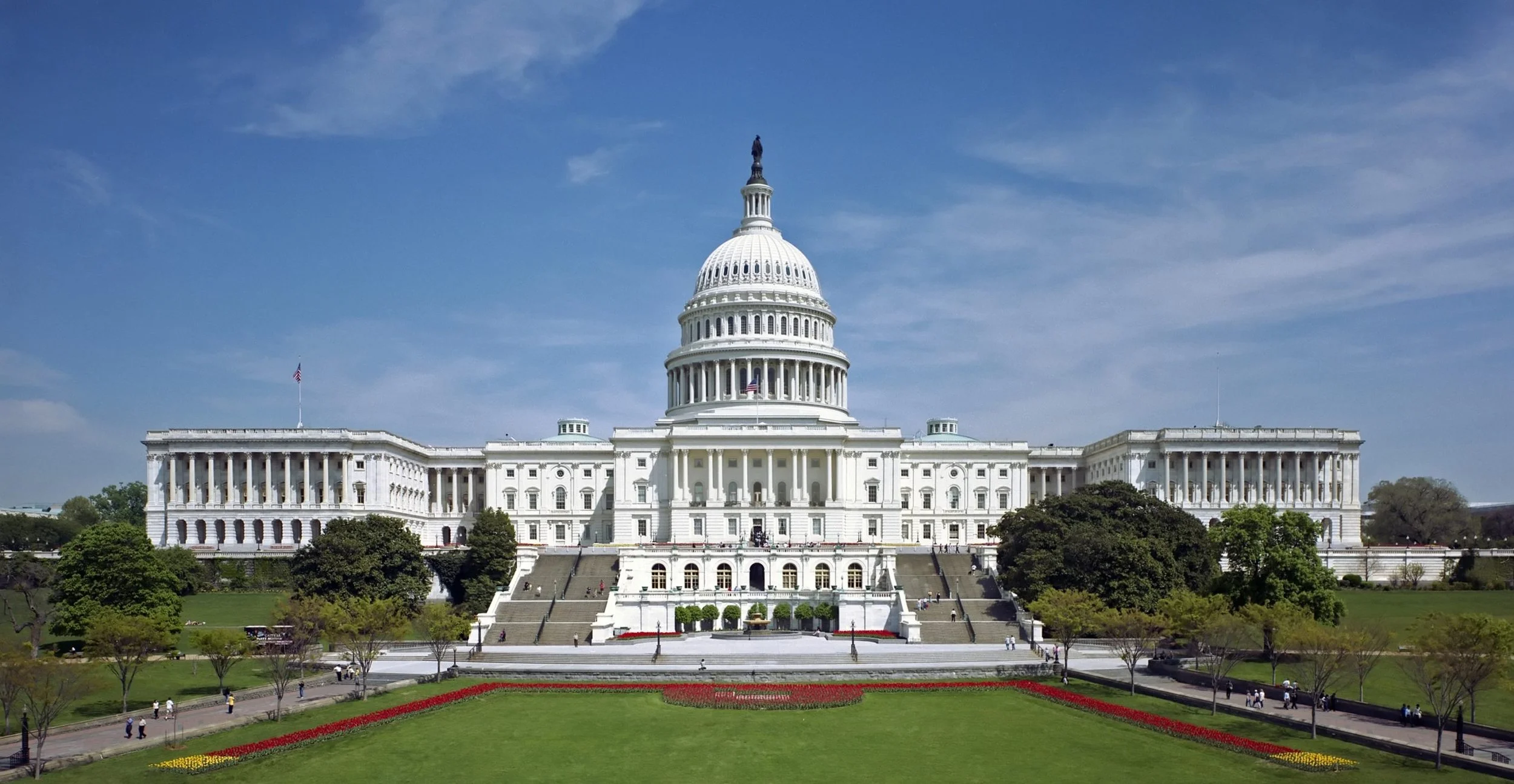Budget a Mixed Bag on Great Lakes, Clean Water Priorities
Contact: Lindsey Bacigal, BacigalL@nwf.org, (734) 887-7113Jordan Lubetkin, Lubetkin@nwf.org, (734) 904-1589
Budget a Mixed Bag on Great Lakes, Clean Water Priorities
ANN ARBOR, MICH. (March 9, 2022)—The federal budget released today for this year is a mixed bag as it pertains to programs to address urgent threats to drinking water and the Great Lakes that impact millions of people in the eight Great Lakes states of Illinois, Indiana, Michigan, Minnesota, New York, Ohio, Pennsylvania, and Wisconsin.
“Context matters, and it is important to consider this budget in relation to the full body of work undertaken by Congress this past year,” said Laura Rubin, director of the Healing Our Waters-Great Lakes Coalition. “On one hand, the recent bipartisan infrastructure bill has been a shot in the arm to clean water and Great Lakes priorities. It invests $50 billion in drinking water and wastewater infrastructure, funds an additional $1 billion in Great Lakes restoration efforts, and boosts the amount of money the federal government is allowed to spend over the next five years to meet clean water goals. The passage of that bill shows that Congress understands the severity of threats to our water resources and the need to do more. On the other hand, today’s budget does not fully fund the programs that will allow us to tackle the urgent problems that threaten our drinking water, public health, and Great Lakes—problems that will only get worse because of climate change. The Healing Our Waters-Great Lakes Coalition believes that at a time when millions of people are still grappling with unsafe water due to toxic pollution, sewage overflows, lead pipes, and other threats, Congress needs to fully fund programs that have been producing results in communities over the last several years.”
The federal budget released today:
Funds the Great Lakes Restoration Initiative at $348 million. Congress has authorized the program for up to $375 million.
Funds the Clean Water State Revolving Fund to help communities upgrade wastewater infrastructure at $1.639 billion. Congress has authorized the program for up to $4 billion.
Funds the Drinking Water State Revolving Fund to help communities upgrade drinking water infrastructure at $1.126 billion. Congress has authorized the program for up to $3.5 billion.
In recent years, the Healing Our Waters-Great Lakes Coalition, our members, and partners have pushed for significantly higher federal investments in clean water priorities to address the backlog of work needed to protect people from cancer-causing pollution, sewage overflows, inadequate drinking water systems, and higher water bills. The eight-state Great Lakes region needs at least $188 billion in water infrastructure repairs.
“Federal investments to restore the Great Lakes and to provide drinking water to our communities have been producing results—but serious threats remain,” said Rubin. “The decades-long disinvestment in our nation’s water infrastructure has left an enormous amount of work to do. We are grateful for the work over the past year by Congress to boost funding for important clean water and drinking water programs. It is important to not let up now.”
Congress has yet to complete a budget for the current fiscal year, which runs through Sept. 30, and has passed a series of short-term budgets. The current budget, if it passes, will fund the government through the year.
Since 2004, the Healing Our Waters-Great Lakes Coalition has been harnessing the collective power of more than 170 groups representing millions of people, whose common goal is to restore and protect the Great Lakes. Learn more at HealthyLakes.org or follow us on Twitter @HealthyLakes.

